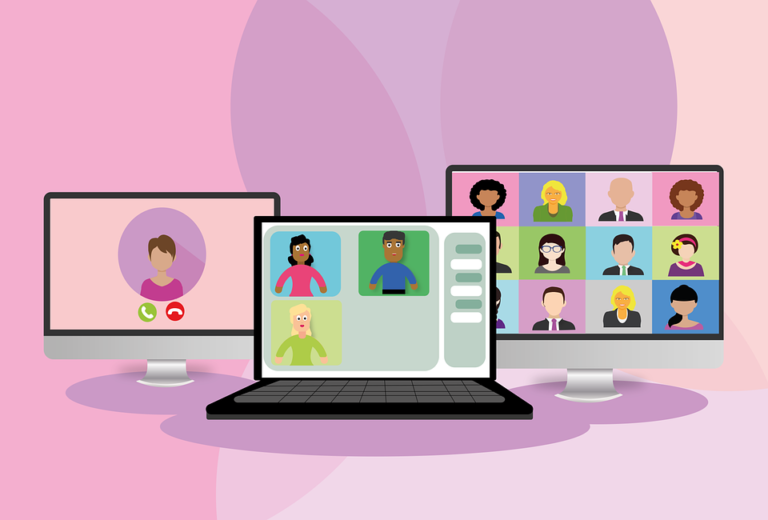The team at Choose Occupational Health are committed to working alongside businesses to create healthier and happier workforces, a task that they do not take lightly. In order to ‘practice what they preach’, Managing Director, Sandra Holliday, is always looking for opportunities that enable team members to further their professional development, as well as finding ways to maintain their own mental health and wellbeing. “How can we help other organisations to thrive and grow, if we don’t pay any attention to the needs of our own staff?” questions Sandra.
She continues, “The Covid-19 crisis has been a difficult time for everyone – both personally and professionally. I thought this would be an ideal time for our team members to take some time out and undertake some training, that would not only further their professional development, but would also give them valuable skills to help with their own mental health and wellbeing during this testing time of flux and change.”
Enter Jane Hodgkinson, Mindfulness Trainer, and one of Choose Occupational Health’s preferred associates, who offered to lead the team through a Mindfulness Course.
Due to current working conditions it would have been next to impossible to all be in the same place at the same time, so the training was carried out remotely via Zoom. There were 5 sessions altogether, each lasting between 1.5 and 2 hours.
The course introduced participants to the practice of mindfulness, what it is, how it can be implemented within your daily routines, what it can be used to address and a range of practical tasks and techniques. The course was practical based, with signposts to additional resources and optional homework depending on an individual’s schedule.
We spoke to Rachael Robinson (Office Administrator) and Kaleigh Faust (Occupational Health Advisor) to find out what they learned.
Rachael’s story:
I thought that mindfulness would be harder or something you had to allocate a lot of time to in your ‘day to day’ life, however, it can be a practice that takes as little or as much time as you need it to. This was an aspect that really appealed to me as there was no pressure to sit for long periods of time and it’s something you can do whilst washing your hands or waiting for the kettle to boil. I expected this to be a very time consuming, ‘meditation-like’ practice, but really, it’s what you make it/want it to be.
I have tried mindfulness before (as part of our 10 in 10 activities last year) but this course gave me a much deeper understanding of the practice and I came away feeling much more confident and positive about using it.
I really enjoyed the three-minute breathing space exercise and the body scan technique which I find really helpful for sleeping.
I learned much more than I thought I would. In particular, I’ve learned to try and not overthink things as this is just you making stories up based on ‘what ifs?’ It has helped me to realise that everyone interprets things differently, that it is important to be kind to yourself and that you should try and live in the present. I’ve already been able to use the techniques in order to be more rational and not overthink things. I am trying to be more aware of myself and more accepting of myself.
I think one of the great things about mindfulness is that anyone can give it a go and get something from it.
Kaleigh’s story:
I’ve tried mindfulness before and found it very difficult to engage with previous courses as I found it hard to turn off my thoughts and concentrate. But Jane’s teaching was vastly different, and I ended up getting much more out of it than I’d expected. Despite my reservations, Jane made me feel comfortable and provided plenty of explanation and opportunities to seek clarity.
I found some of the practices difficult, but it was great to be able to try different things out. The ones I did succeed with, I felt were helpful. Overall, I really enjoyed it.
I think that I have become better at taking a step back when I start to feel overwhelmed by a situation and take a moment before challenging or returning to it. It is OK to give yourself permission to take a moment before continuing with something. You don’t always have to react straight away. That pause can allow thoughts to come and go, often resulting in a clearer way forward. I have learned that even if the motivation is lacking, completing nourishing tasks are important and beneficial. Since the course I have been actively trying to incorporate nourishing tasks into my day and prolonging them, rather than rushing through something just to get it ticked off a list.
Jane says,
“Mindfulness is the capacity to be fully present; aware of what is happening right now, rather than being caught up with worries about what might happen in the future or chewing over events from the past. It is an innate skill that we all have but often lose sight of. A growing body of research reveals that developing a mindfulness practice can help us rediscover peace and contentment in our lives, enabling us to flourish. The practice can help us develop an inner resource for dealing with difficulties as well as noticing the joys of life that we sometimes overlook.”
If you think that mindfulness is something that could benefit your workforce, please contact one of our team members who can talk to you about options.

